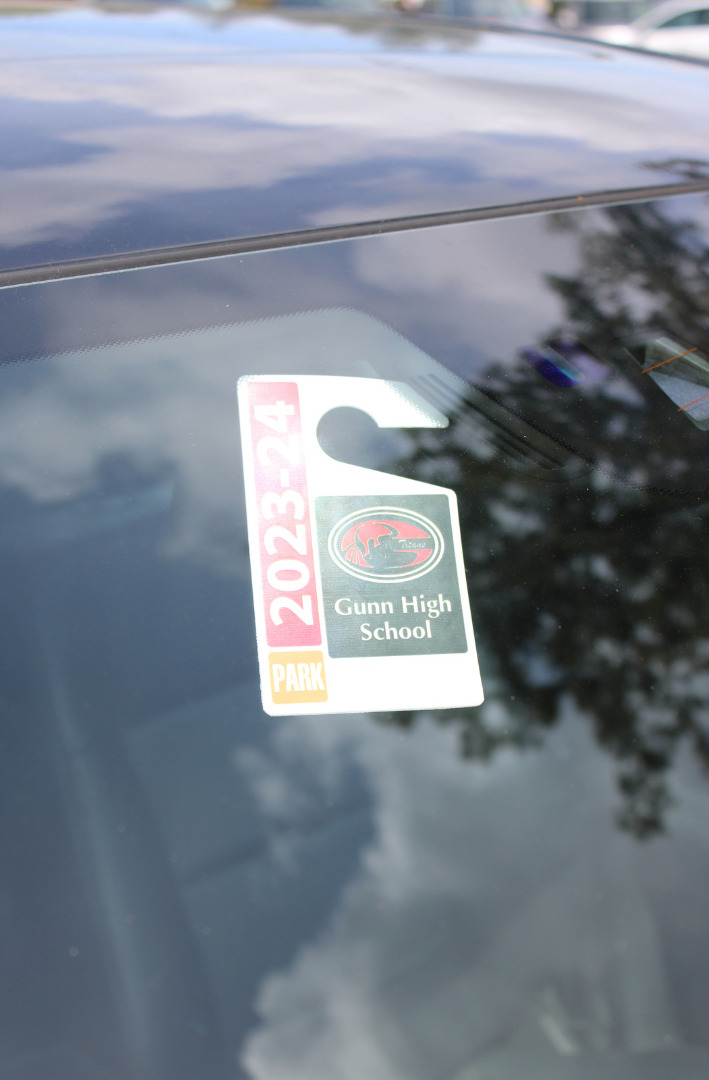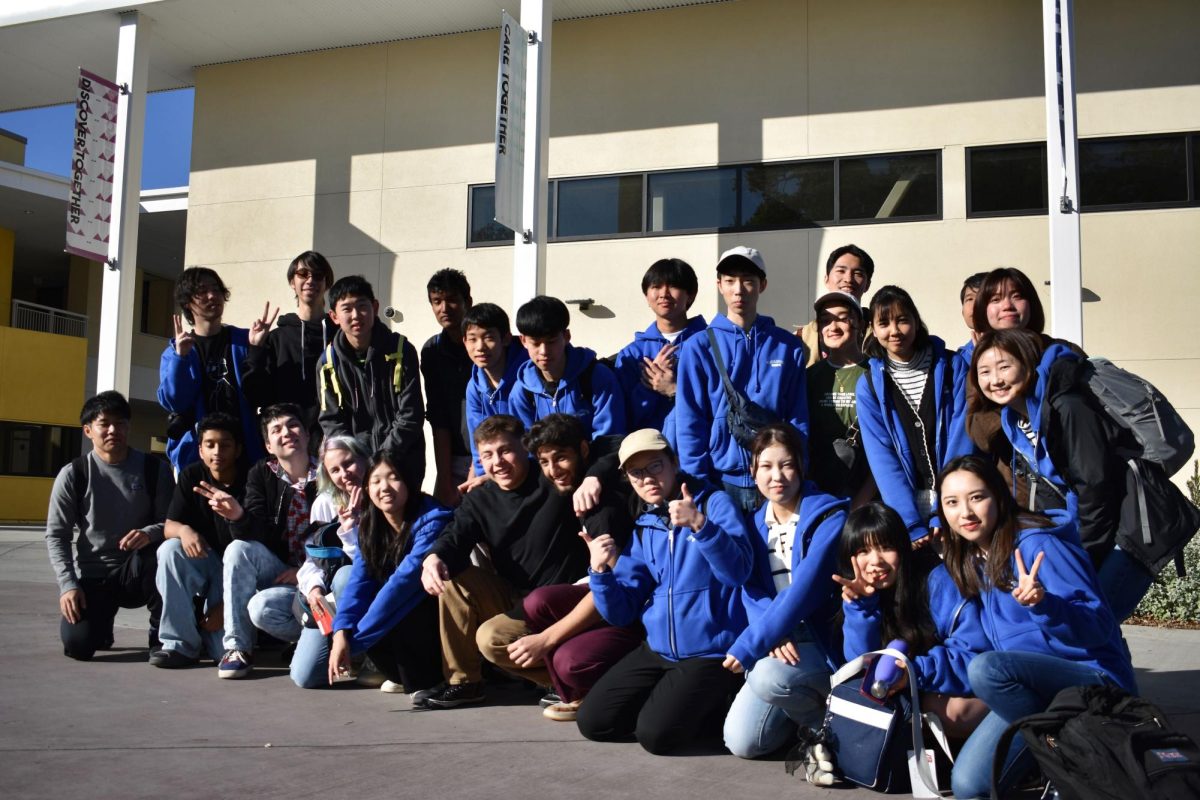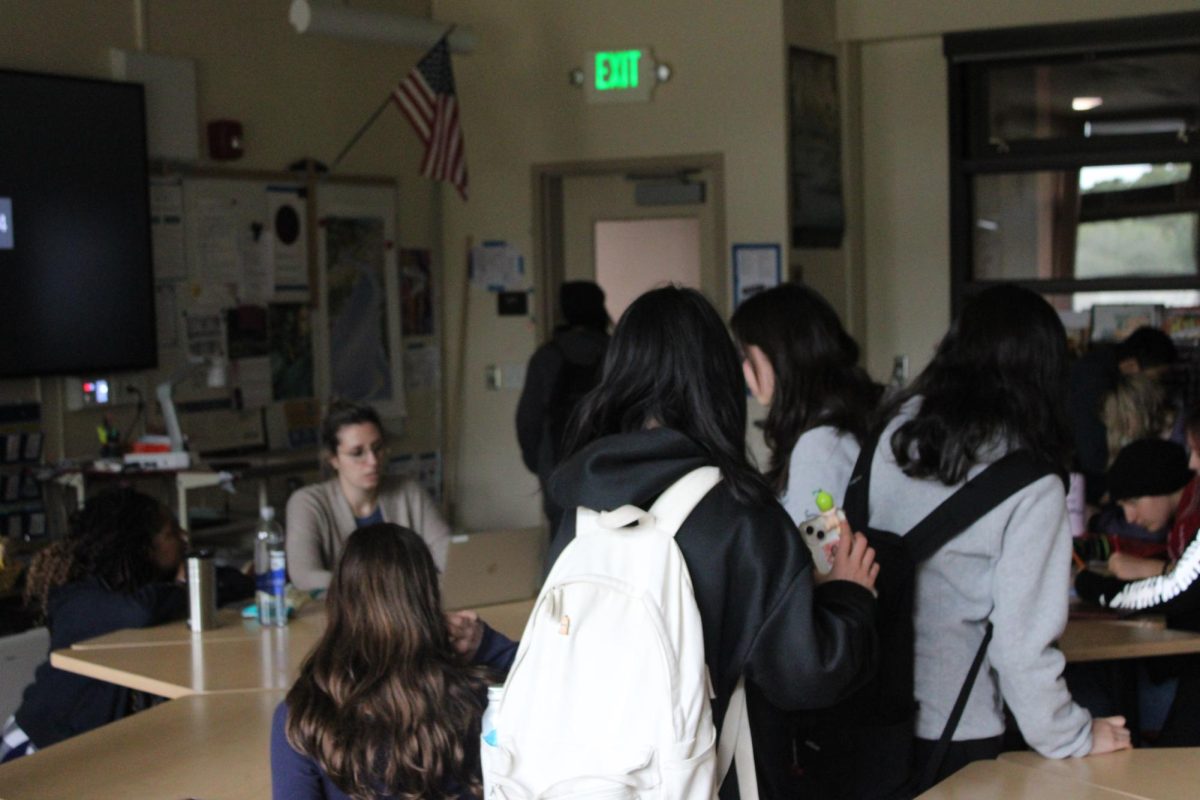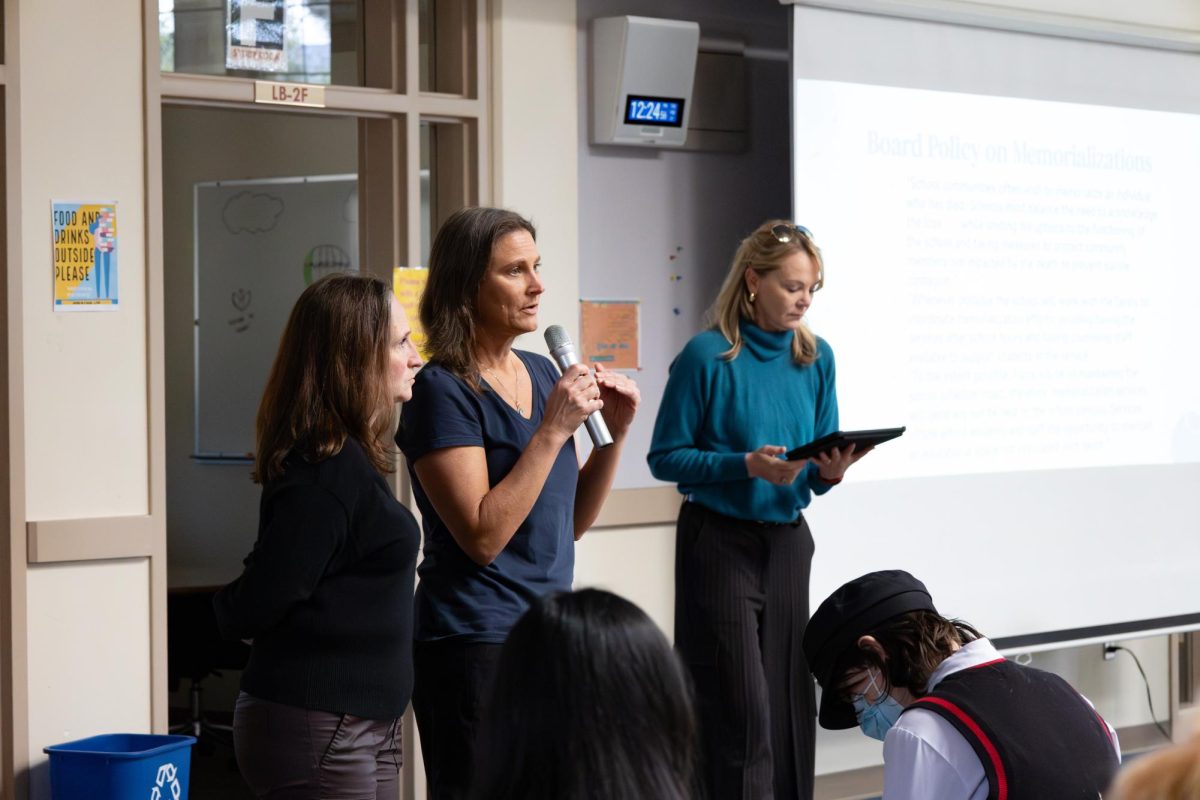This year’s annual Martin Luther King, Jr. assembly featured “Soundtrack for a Revolution,” a documentary directed by Stanford professor Bill Guttentag that focuses on the civil rights movement in the mid-20th century. “Soundtrack for a Revolution” incorporated various music artists performing songs from the civil rights movement. Guttentag named the documentary “Soundtrack for a Revolution” because music was an integral part of the movement. “Often, in African-American history, people sang what they couldn’t say, so music was really part of the DNA of the movement,” he said. “The idea of the film was to take an important subject that was fading from memory and give it a new life fit for a new generation of people.” Guttentag believes that the story is a universal one and can be applied to many different scenarios.
The assembly, which was held on Jan. 21 in Spangenberg Theater, was organized by Diversity Commissioners senior Kara Farquharson and junior Danny Golovinsky. Both commissioners put in a significant level of effort in order to create and run the assembly. According to Farquharson, they began preparing for the event in September. “It was a huge commitment because we had to speak to lots of different people while we were trying to get this event to happen,” Farquharson said. According to Farquharson, this documentary is meant to educate the Gunn community on acceptance. “We hoped to teach the audience to know that they can make an impact just like the civil rights movement did,” Farquharson said. “Regardless of race, disability and sexual orientation, they can change the world.” Golovinsky believed that the Gunn audience should learn that anyone can make a difference. “I think the most important concept that they learn about [is] understanding and accepting people,” he said.
Student reactions to the MLK assembly were generally positive. “I thought the film clips were very eye-opening because they made the whole thing seem much more real,” freshman Margaret Redfield said. “The impact of the songs they sung to keep hope was really striking.” Senior David Schwartzman found the assembly effective in reaching its audience. “I felt that it elaborated on some of the sacrifices made during the civil rights movement and the monumental importance of the movement,” Schwartzman said. “People nowadays don’t always understand the atmosphere of overt racism and legal administration that was faced during the days of Martin Luther King, Jr.”
Both Diversity Commissioners would like to strengthen the impact of the assembly, if possible. According to Golovinsky, a single assembly is not enough to prompt the student audience to make a difference. “Similar to how we have [Not In Our Schools] week and kind of how it’s a gradual process throughout the week, I think that it would be neat if we could have a multiple-day lesson plan,” he said. “We show these different aspects in the assemblies, but we never say how one can make a change and what one can do as a person. If we could add that extra piece, that would be significant because it’s one thing to understand and empathize, but it’s another thing to take action.”








